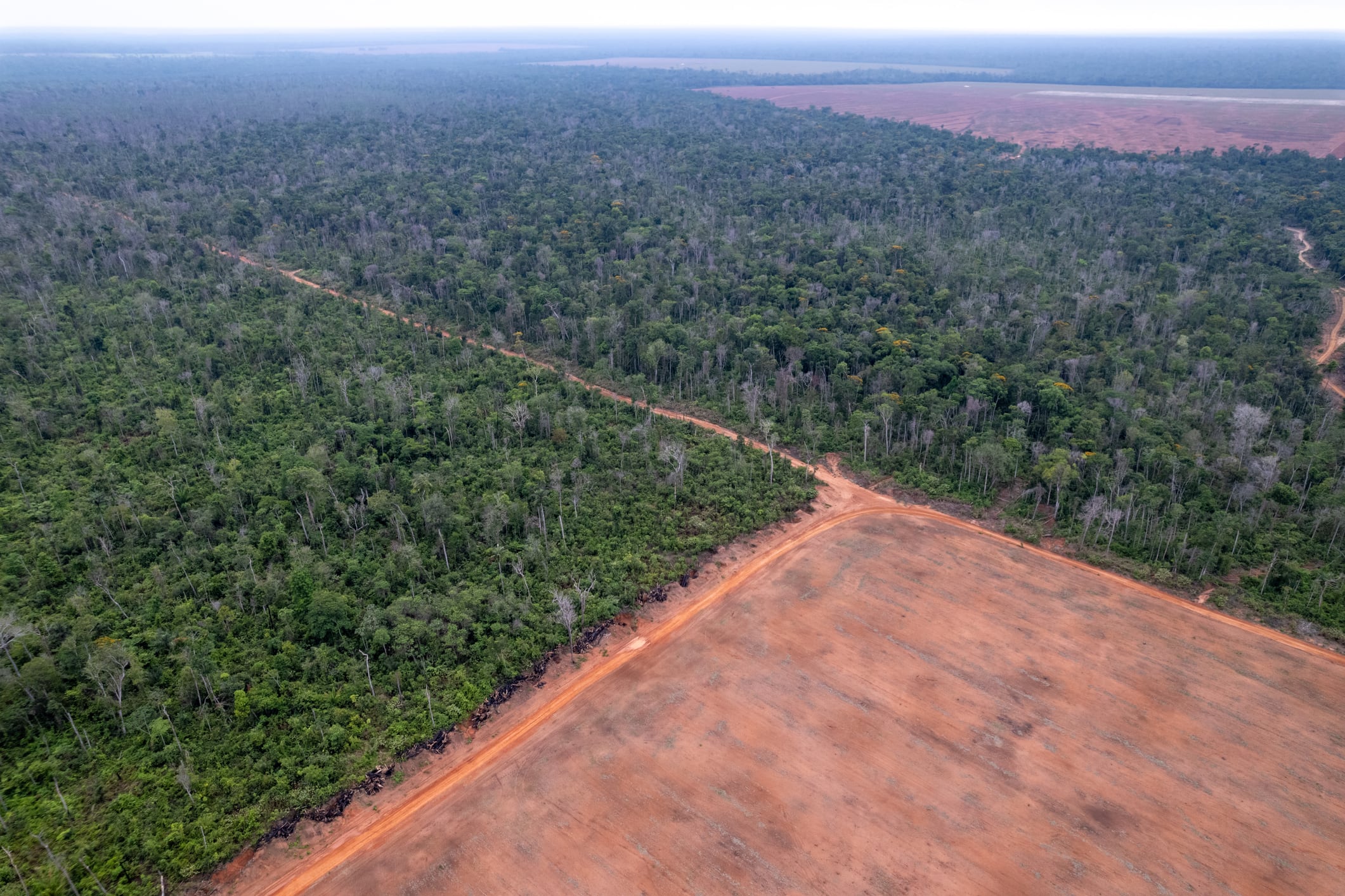What does the EUDR update mean for industry – summary
- If changes come into effect, downstream operators no longer need to submit due diligence statements
- Upstream operators must still collect traceability data from partners
- Downstream firms remain accountable for supply chain transparency duties
- Compliance costs shift but remain significant for upstream operators
- Grace period allows large firms to align systems without penalties
For a brief moment, it looked likely that another year-long delay of the European Union Deforestation Regulation (EUDR) was inevitable, following a proposal from the European Commission.
However, the year-long delay was eventually scrapped. In its place, other measures were introduced in a new proposal from the Commission.
Firstly, a delay would be implemented for small and micro operators, albeit only a six-month one rather than the initially proposed year.
Secondly, large and medium companies would be allowed a “grace period” following the regulation’s coming into force.
Finally, downstream operators and traders would no longer be required to submit a due diligence statement.
While the regulation is still scheduled to come into force on December 30, 2025, these changes alter EUDR compliance, and enforcement, significantly. How could food and drink companies be affected, and what do they need to know?
Who will have responsibility for due diligence?
Following the changes, downstream operators would not need to submit due diligence statements. Only the upstream operator, which puts the commodity on the EU market, would need to worry about this.
Despite this change, the onus would still be on the upstream operator to collect all necessary due diligence data, downstream as well as upstream, explains Furqonuddin Ramdhani, co-chief product technology officer at traceability technology company Koltiva.
“Upstream operators remain fully responsible for submitting due diligence statements, or simplified declarations in the case of small and micro operators, before placing products on the market for ensuring that their supply chains are deforestation-free and compliant.”
In practical terms, this means that upstream operators must continue collecting traceability information from their partners downstream, even if the latter do not need to use it in a due diligence statement of their own.
Will compliance cost less?
As compliance for downstream operators would no longer require the submission of a due diligence statement, the cost of compliance may be “modestly” reduced, says Ramdhani.
“The revision might slightly ease administrative workloads, but it won’t dramatically reduce compliance costs.”
What wouldn’t change is that upstream operators would still have many of the key due diligence responsibilities: collecting data, conducting risk assessments, maintaining records, and acting upon non-compliance.
Nevertheless, even with a lighter burden and fewer due diligence requirements, downstream operators would not be free from their fair share of responsibility. They must maintain supplier records, reference numbers of due diligence statements and simplified declarations for small and micro enterprises, and they must pass these along the chain.
Despite not being obliged to fulfil as many requirements around formal documentation, they “remain accountable for ensuring supply chain transparency”, explains Ramdhani.
“The paperwork may have been reduced, but responsibility has not. EUDR is built on shared accountability. Removing one reporting step does not remove the duty to ensure transparency.”
How the ‘grace period’ will impact larger companies
Another change in the Commission’s proposal is the introduction of a six-month ‘grace period’ for large and medium companies.
The ‘grace period’ for the EUDR does not mean a further six-month delay for these larger operators, but neither does it mean that they will receive the same treatment as they otherwise would if caught being non-compliant.
The grace period is “not an exemption”, Mamdani stresses, nor “a relaxation of the law”. Companies would still be expected to show “good-faith efforts” towards compliance, and demonstrate risk assessments, data collection and traceability mechanisms are underway.
Nevertheless, regulators would be “expected to take a more facilitative approach” during this time. Guidance and corrective action, rather than immediate penalties, will be emphasised.
“Penalties will be lighter or waived if firms can demonstrate good-faith efforts to comply, such as having systems in place and actively working toward full compliance.”
This would give larger operators a chance to align systems and processes.
After the grace period ends in June 2026, fines, shipment seizures and reputational consequences would come into full force for non-compliance.
Yet the grace period would provide industry with temporarily more lenient regulators. and a safer time to make mistakes.





